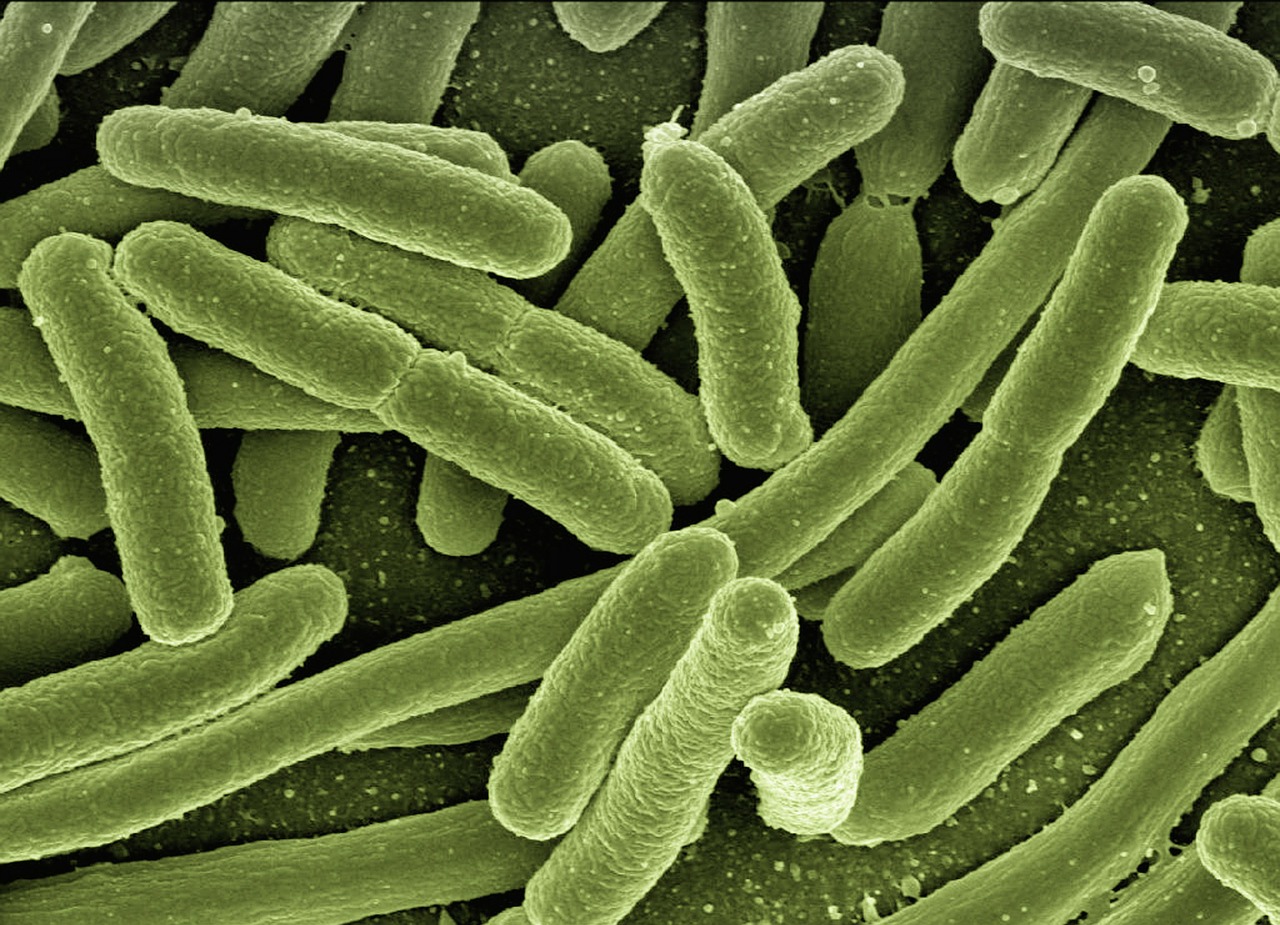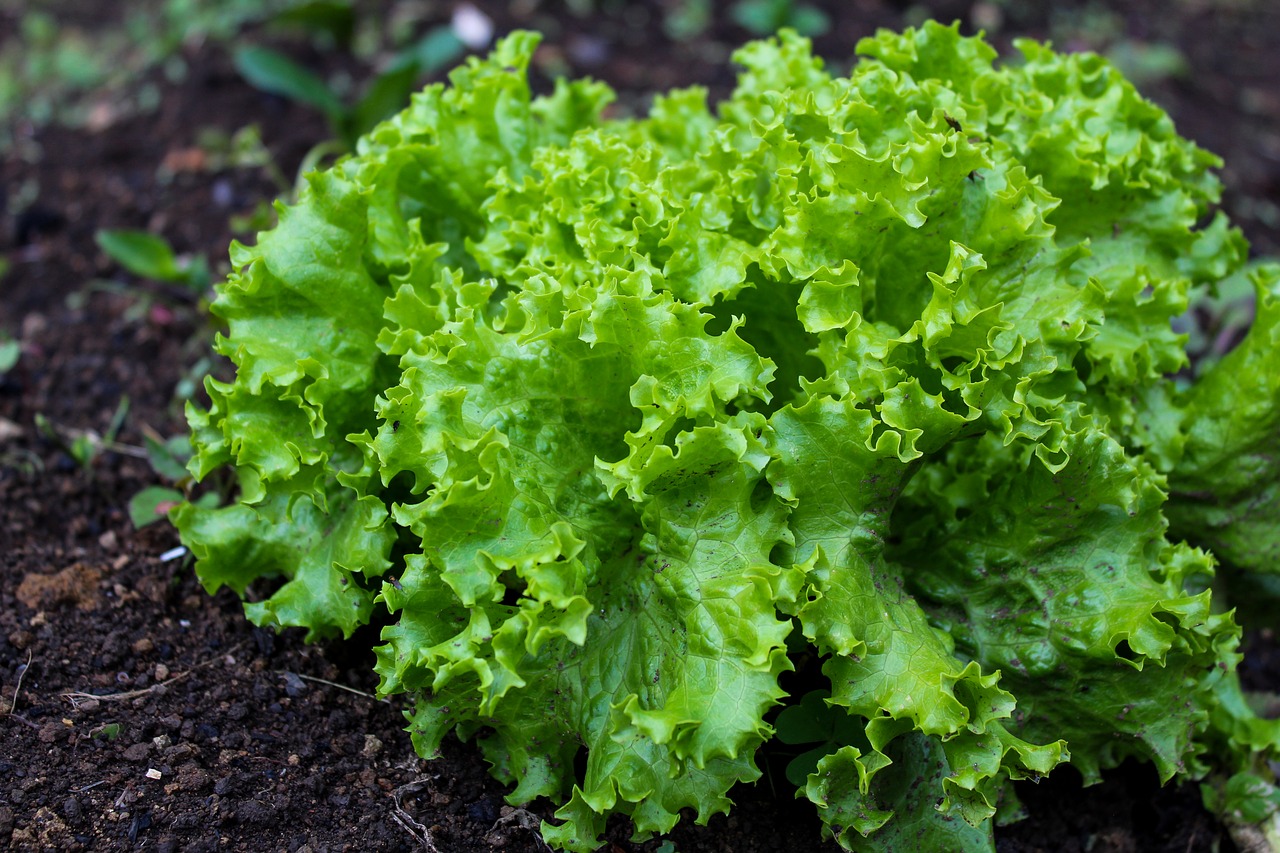E.coli Outbreak from Tainted Lettuce Now Spreads to 56 People

The Food and Drug Administration (FDA) and the Centers for Disease Control and Prevention (CDC) have expanded their warning on a recent outbreak of E.coli this week. The warning has linked romaine lettuce in all forms, from whole heads and hearts to chopped, to an outbreak of E.coli bacteria that has thousands of Americans tossing out their vegetables.
From an Alaskan news release published earlier last week, eight prisoners in Nome, Alaska have been reported sick with acute gastroenteritis that appears to be connected to the current outbreak that has affected 53 others in 16 states.
The latest wave of E.coli bacteria is being pinpointed to the Yuma, Arizona growing region. From an agricultural report in 2014, Arizona dominated the lettuce growing market by producing nearly 29% market share of the produce.
However, the CDC has yet to determine an exact grower, supplier, or distributor. The Centers for Disease Control and Prevention report that:
“Unless the source of the product is known, consumers anywhere in the United States who have any store-bought romaine lettuce at home should not eat it and should throw it away, even if some of it was eaten and no one has gotten sick.”
This specific strand of the E.coli bacteria, titled O157:H7, is a particularly dangerous infection that produces Shiga toxin can induce vomiting, cramps, and diarrhea. Officials said anyone with these symptoms should seek a health provider immediately and report their infection to the proper authorities. The “incubation period,” the time between ingesting the bacteria and when you start feeling sick, is usually between 3-4 days, potentially risking the millions of Americans who have consumed the leafy produce in the past few weeks.
An estimated 53 people have been infected with the Shiga Toxin E.coli strain reported across 16 states. Of those, about 31 people have been hospitalized and five have suffered a rare type of kidney failure. Fortunately, no deaths have been reported at this time, but the investigation is ongoing.
The official CDC report continues:
“Product labels often do not identify growing regions; so, throw out any romaine lettuce if you’re uncertain about where it was grown. This includes whole heads and hearts of romaine, chopped romaine, and salads and salad mixes containing romaine lettuce. If you do not know if the lettuce is romaine, do not eat it and throw it away.”

You can become infected with E.coli even when you swallow a small amount of the bacteria. In this case, it is likely that water tainted with the bacteria was used to nourish the lettuce. Water can become tainted when mixed with manure from nearby animals.
Because the bacteria can also be transferred to other people, it is imperative you take proper measures to quarantine those infected and safeguard yourself. Medical professionals agree that washing your hands before preparing food, after contact with animals, or touching anything that will go into a small child’s mouth can prevent E.coli from spreading.
Fortunately, an E.coli infection will naturally go away on its own as it is processed through the body. If you feel you may be suffering from an E.coli infection, doctors suggest you drink plenty of fluids and rest—to recuperate from the vomiting or diarrhea your body may be going through. In addition, over-the-counter meds that fight against diarrhea may not be a good idea. These drugs slow down your digestion system and thicken your stool which delays how quickly your body sheds the infection.










